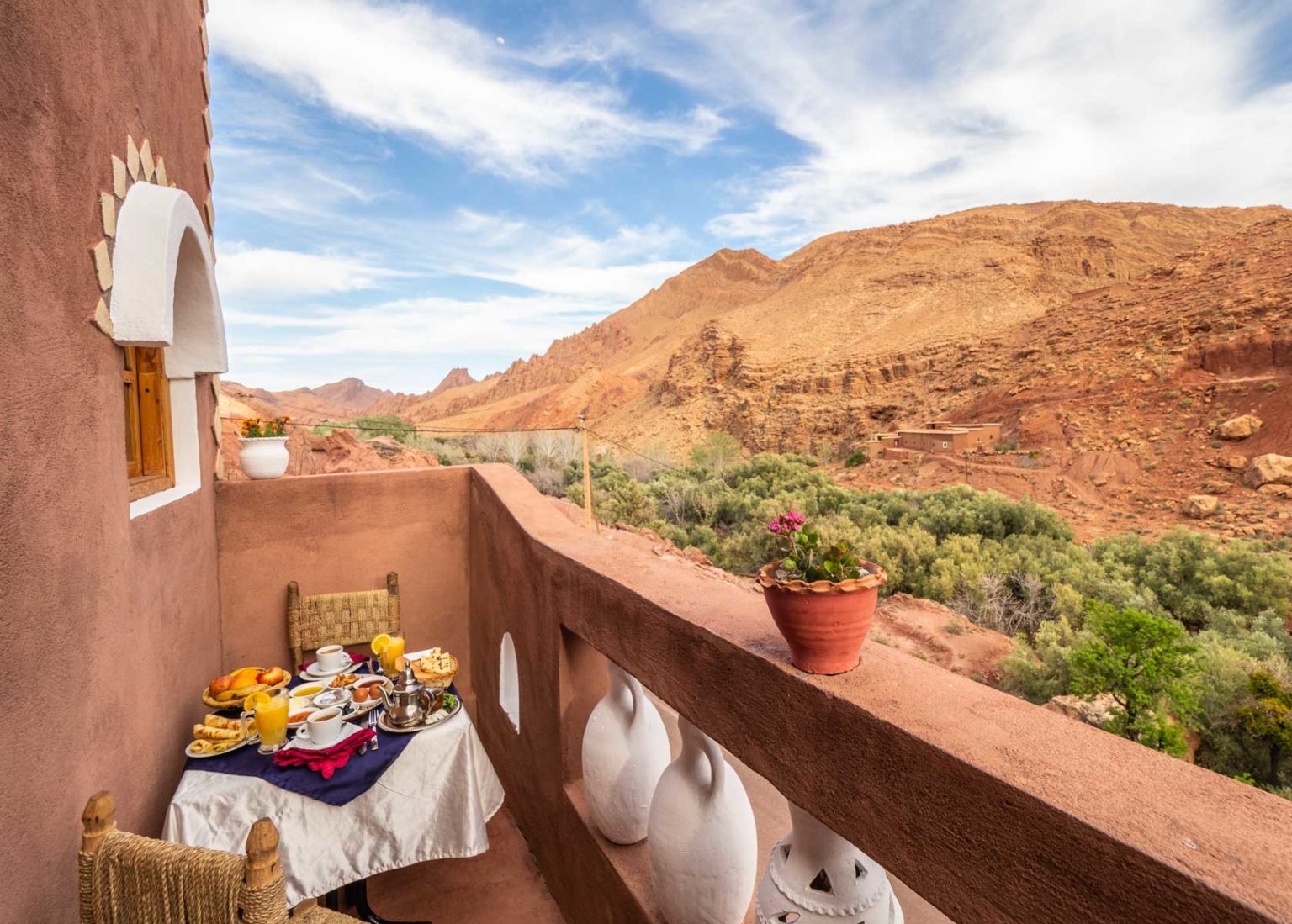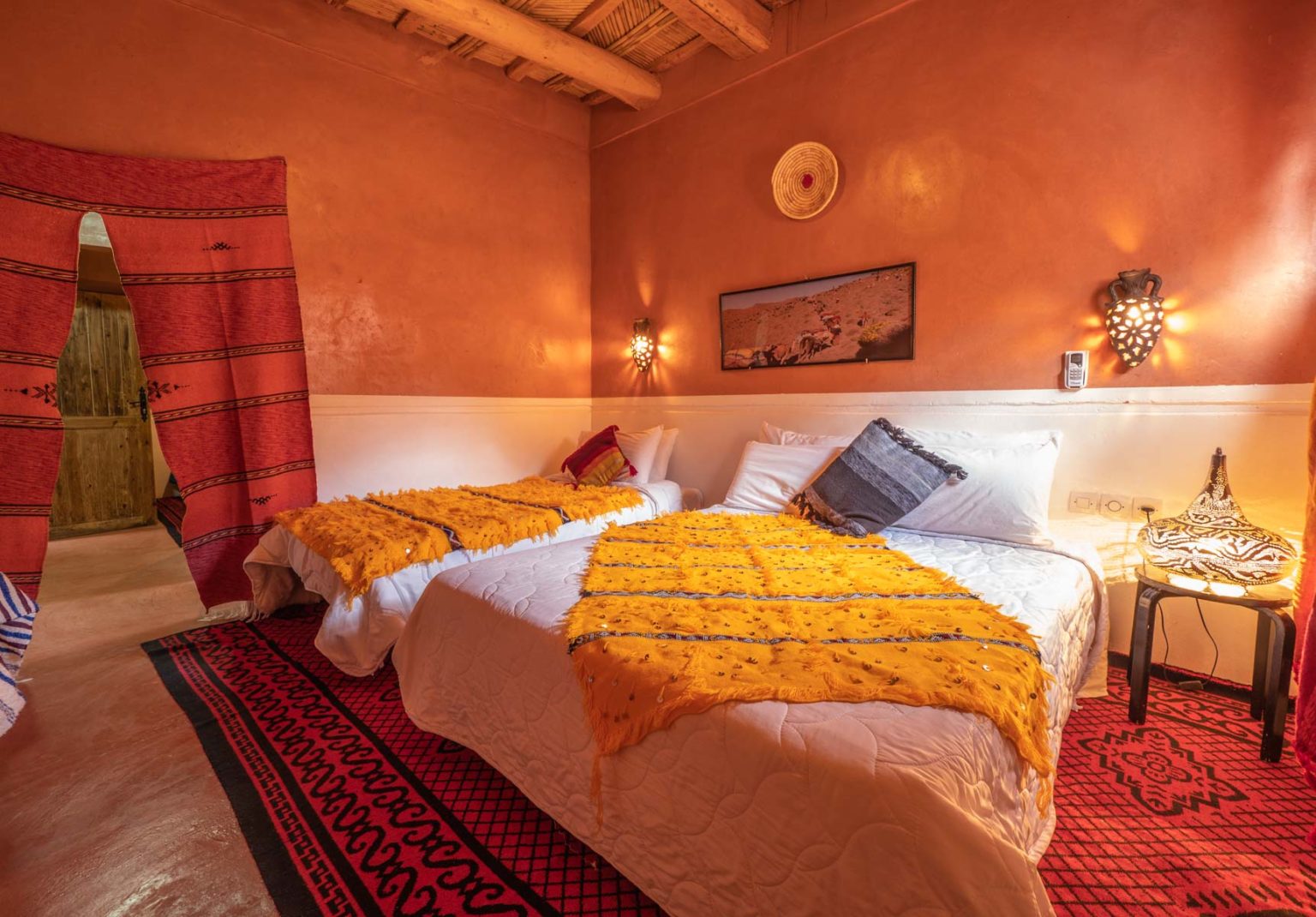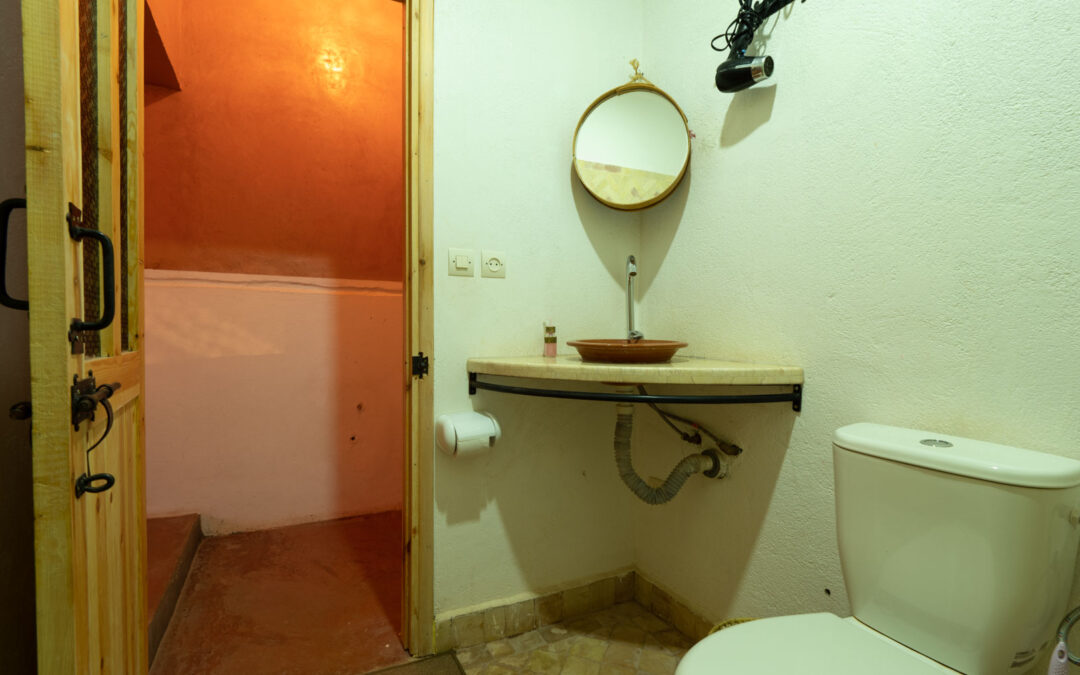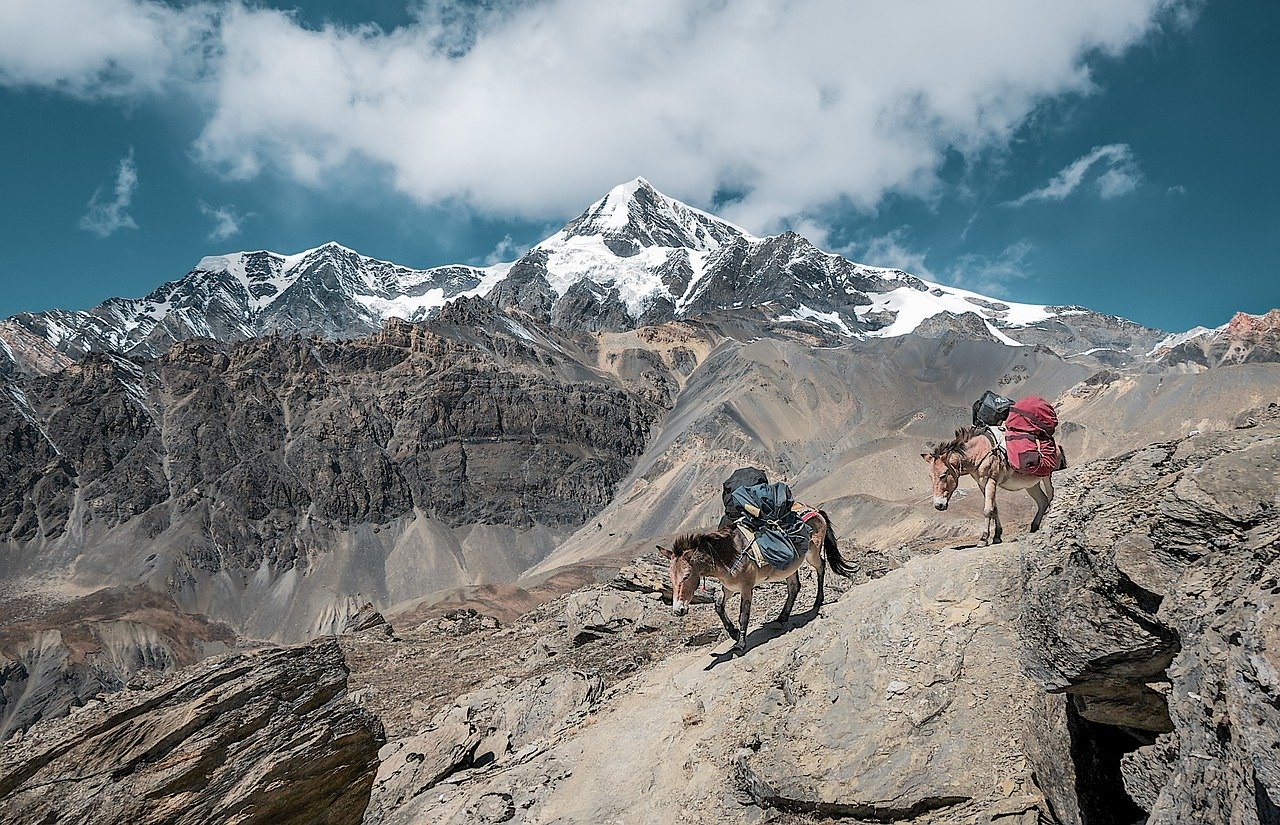
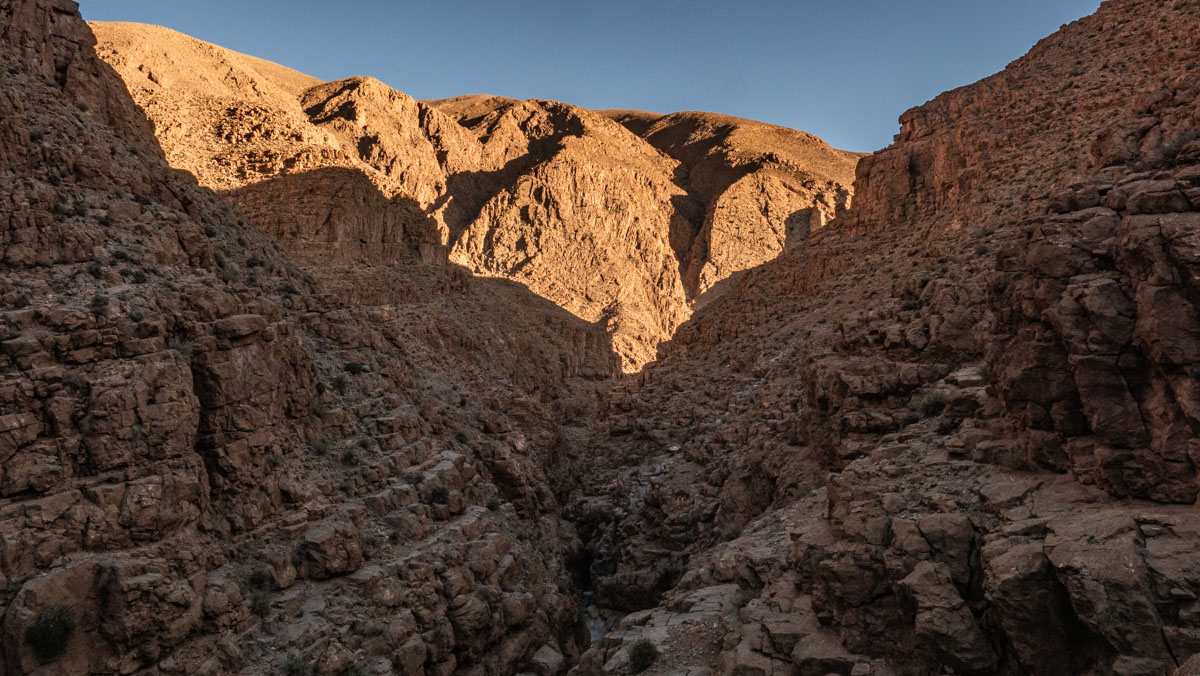
Learning About Morocco’s Diverse Cultural Heritage Through the Berbers
Morocco, a country in North Africa known for its vibrant culture and rich history, offers visitors a unique opportunity to explore its diverse cultural heritage. One of the key elements that contribute to this cultural richness is the Berber population, an indigenous group with a long history in the region. By learning about the Berbers, travelers can gain a deeper understanding of Morocco’s past and present, and appreciate the unique traditions and customs that make this country so fascinating.
The Berbers: A Brief Overview
The Berbers, also known as the Amazigh people, are the indigenous inhabitants of North Africa, including Morocco. They have a distinct culture and language that sets them apart from the Arab population that also resides in the region. The Berbers have a rich history that dates back thousands of years, and their influence can be seen in various aspects of Moroccan society, from music and art to architecture and cuisine.
Exploring Berber Culture in Morocco
For travelers interested in delving deeper into Morocco’s cultural heritage, a visit to the Berber communities is a must. One of the best ways to experience Berber culture is by staying at traditional guesthouses known as Auberge Atlas Dades. These accommodations offer visitors a chance to immerse themselves in the daily life of the Berber people, learn about their customs and traditions, and sample authentic Berber cuisine.
Traditional Berber Crafts and Arts
One of the hallmarks of Berber culture is their exquisite craftsmanship and artistic expression. Berber artisans are known for their intricate designs and vibrant colors, which can be seen in their textiles, pottery, and jewelry. Travelers can visit local markets and workshops to witness these artisans at work and even purchase unique handmade souvenirs to take home.
Music and Dance
Music and dance are integral parts of Berber culture, with traditional performances often featuring rhythmic drumming, melodic chants, and energetic dances. Visitors to Morocco can attend cultural events and festivals where Berber music and dance are showcased, providing a lively and unforgettable experience that highlights the vibrancy of this ancient culture.
Preserving Berber Heritage
As Morocco continues to modernize and evolve, there is a growing awareness of the importance of preserving the country’s cultural heritage, including that of the Berbers. Organizations such as Auberge Atlas Dades play a crucial role in promoting and safeguarding Berber traditions, ensuring that future generations can continue to learn about and appreciate this unique cultural legacy.
In conclusion, exploring Morocco’s diverse cultural heritage through the Berbers offers travelers a profound insight into the country’s history, traditions, and way of life. By immersing oneself in Berber culture, visitors can gain a deeper appreciation for Morocco’s rich tapestry of customs and practices, and forge meaningful connections with the people who have helped shape this fascinating nation.
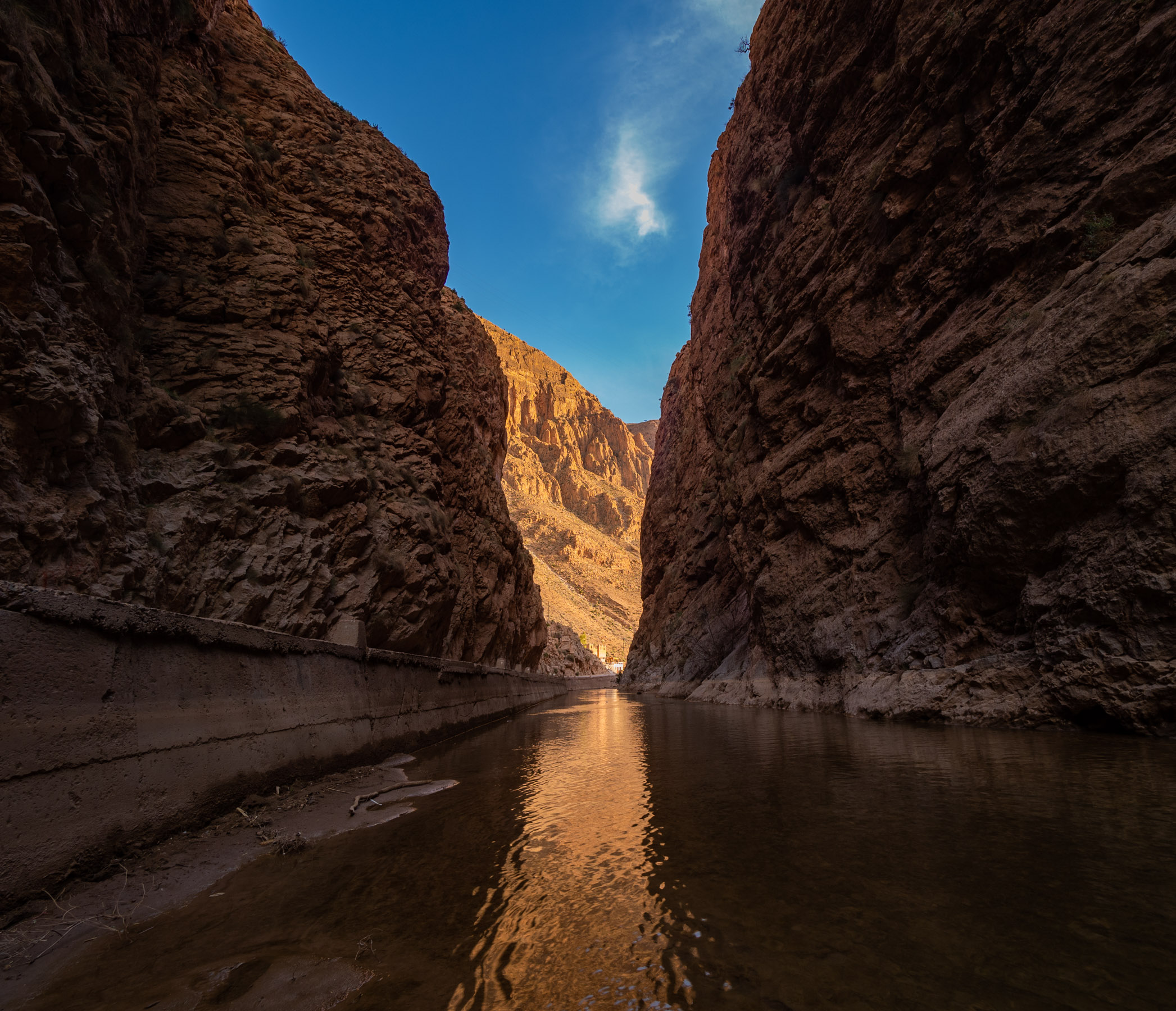
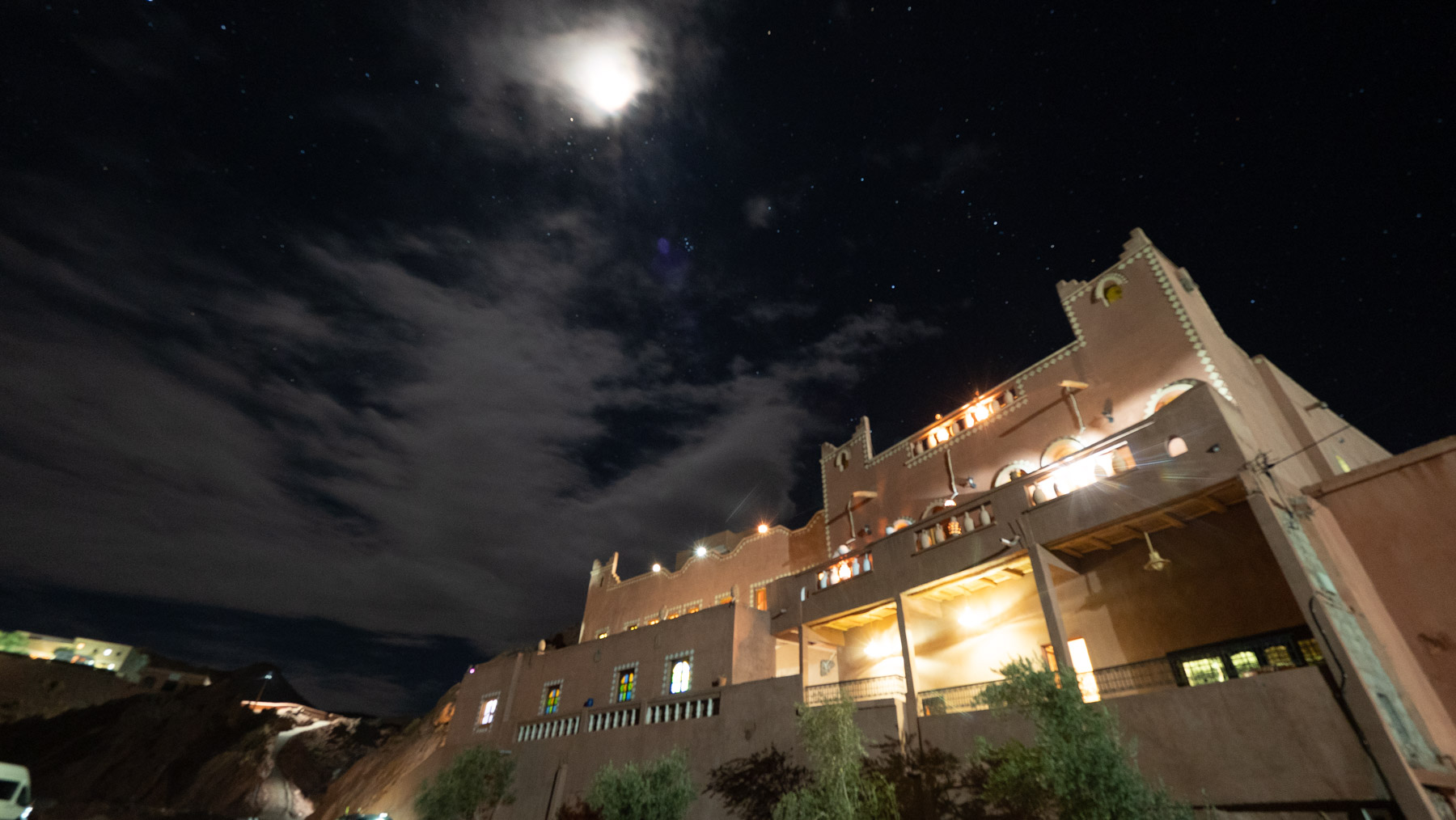
Tips for Exploring Morocco’s Diverse Cultural Heritage
When it comes to learning about Morocco’s diverse cultural heritage through the Berbers, there are several tips that can help users navigate this enriching experience. As an expert travel guide to Morocco, it’s important to provide valuable insights to travelers seeking to delve into the rich history and traditions of this fascinating country.
1. Research Berber Culture
Before embarking on a journey to explore Morocco’s Berber heritage, it’s essential to conduct thorough research on Berber culture. Understanding the customs, language, and traditions of the Berber people will enhance your overall experience and allow you to appreciate their way of life.
2. Visit Berber Villages
One of the best ways to immerse yourself in Berber culture is by visiting traditional Berber villages. These communities offer a glimpse into the daily lives of the Berber people, allowing you to witness their unique architecture, crafts, and hospitality.
3. Participate in Cultural Activities
To truly engage with Morocco’s diverse cultural heritage, consider participating in cultural activities such as Berber music performances, traditional dances, and local festivals. These experiences will provide valuable insights into the rich tapestry of Berber traditions.
4. Interact with Locals
Engaging with local Berber communities is key to gaining a deeper understanding of their cultural heritage. Take the time to converse with Berber locals, learn about their history, and share in their customs to forge meaningful connections.
5. Explore Historical Sites
Exploring historical sites related to Berber culture, such as ancient ruins, museums, and archaeological sites, can offer a comprehensive overview of Morocco’s diverse heritage. These sites provide valuable insights into the historical significance of the Berber people.
6. Sample Berber Cuisine
Food plays a significant role in Berber culture, so be sure to sample traditional Berber cuisine during your travels. From hearty tagines to aromatic mint tea, indulging in Berber dishes will not only tantalize your taste buds but also deepen your appreciation for their culinary traditions.
7. Respect Local Customs
As you explore Morocco’s diverse cultural heritage through the Berbers, it’s important to respect local customs and traditions. Be mindful of cultural sensitivities, dress modestly when visiting religious sites, and always seek permission before taking photographs of locals.
8. Seek Guidance from Experts
For a more in-depth exploration of Morocco’s Berber heritage, consider seeking guidance from local experts or tour guides specializing in cultural tours. Their expertise and insights can enhance your journey and provide a deeper understanding of the Berber culture.
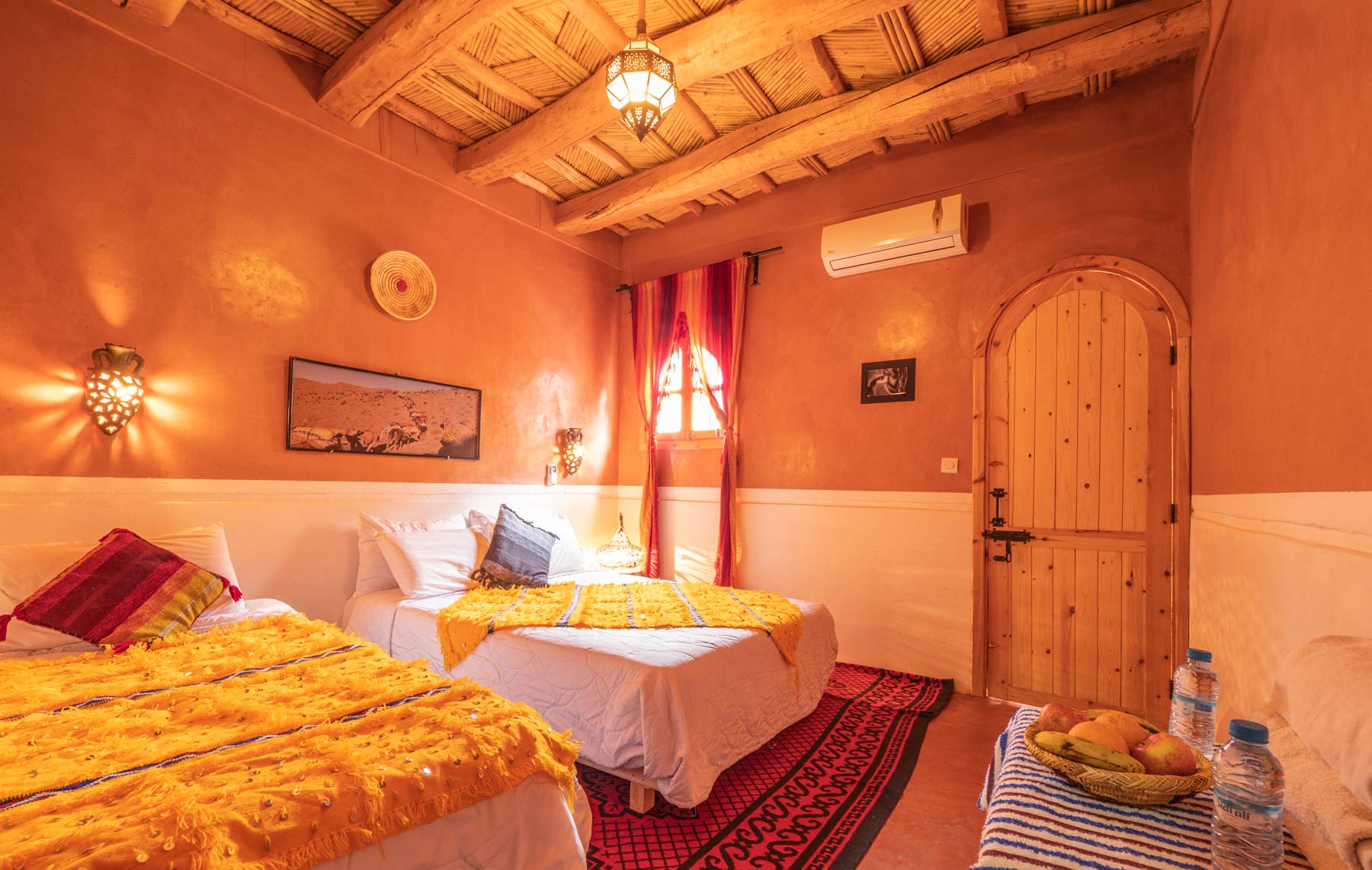
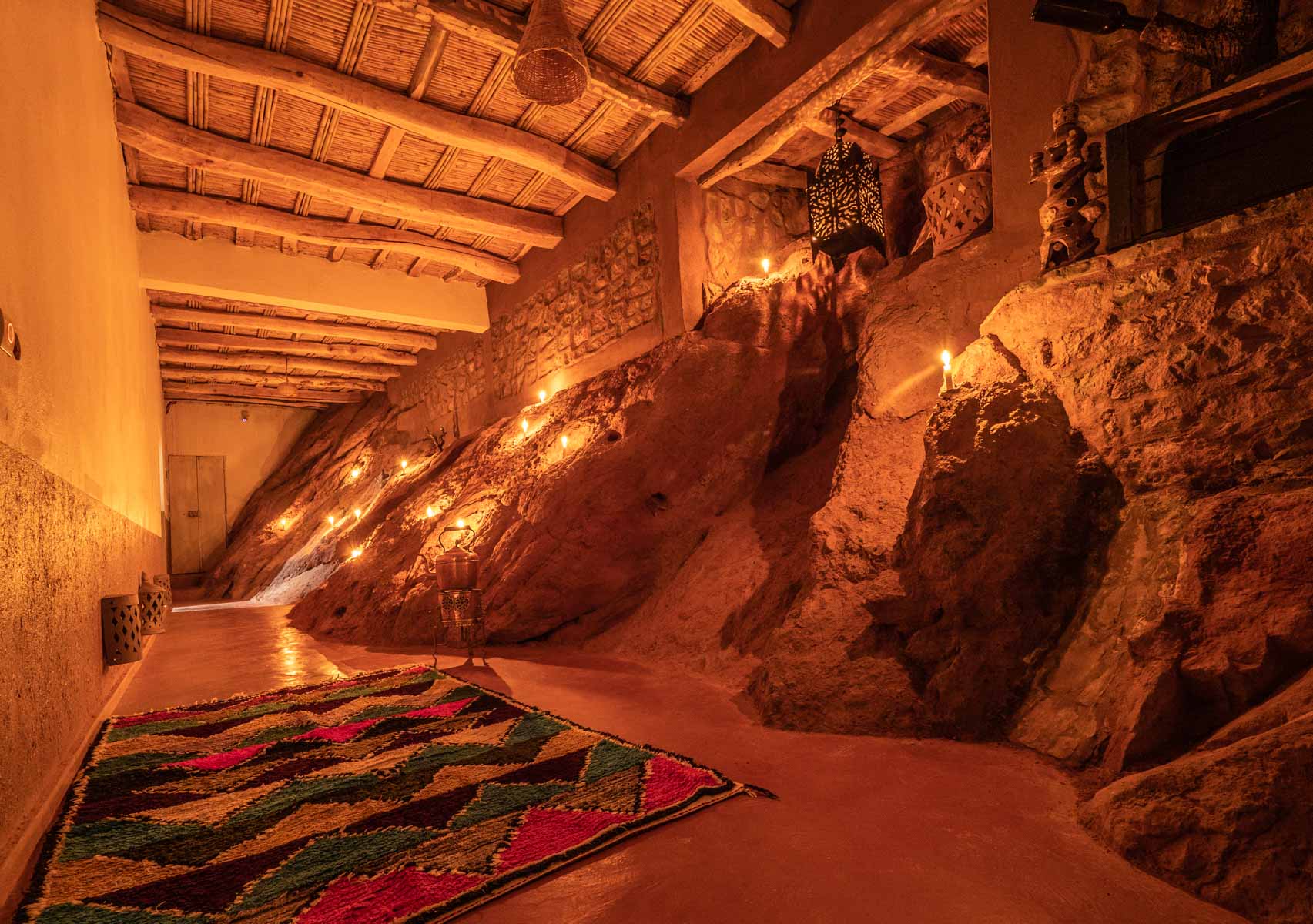
Exploring Morocco’s Rich Cultural Heritage Through the Berbers
When it comes to learning about Morocco’s diverse cultural heritage, one cannot overlook the significant role played by the Berbers. These indigenous people have a long and fascinating history that is deeply intertwined with the country’s traditions, customs, and way of life. Exploring the Berber culture provides a unique insight into the rich tapestry of Morocco’s past and present.
Discovering the Berbers: A Window Into Morocco’s Past
The Berbers, also known as Amazigh, are the original inhabitants of North Africa, including Morocco. Their presence in the region dates back thousands of years, and their culture has survived through generations, despite various influences over time. By delving into the world of the Berbers, travelers can gain a deeper understanding of Morocco’s ancient roots and the diverse cultural landscape that exists within the country.
Traditional Berber Practices and Customs
One of the most captivating aspects of Berber culture is its rich tapestry of traditions and customs. From vibrant festivals and colorful textiles to intricate jewelry and traditional music, the Berbers have a unique way of life that is both captivating and enlightening. Travelers who immerse themselves in these traditions get a glimpse of a world that is steeped in history and authenticity.
Exploring Berber Villages and Communities
For those seeking a more immersive experience, visiting Berber villages and communities is a must. These settlements offer a glimpse into everyday life among the Berbers, allowing travelers to interact with locals, sample traditional cuisine, and witness age-old crafts being practiced. The hospitality of the Berber people is legendary, and visitors are often welcomed with open arms and warm smiles.
Preserving Berber Heritage for Future Generations
As Morocco continues to modernize and evolve, there is a growing awareness of the importance of preserving the country’s diverse cultural heritage, including that of the Berbers. Efforts are being made to safeguard traditional practices, promote cultural exchange, and celebrate the unique identity of the Berber people. By supporting these initiatives, travelers can contribute to the preservation of Morocco’s rich cultural tapestry.

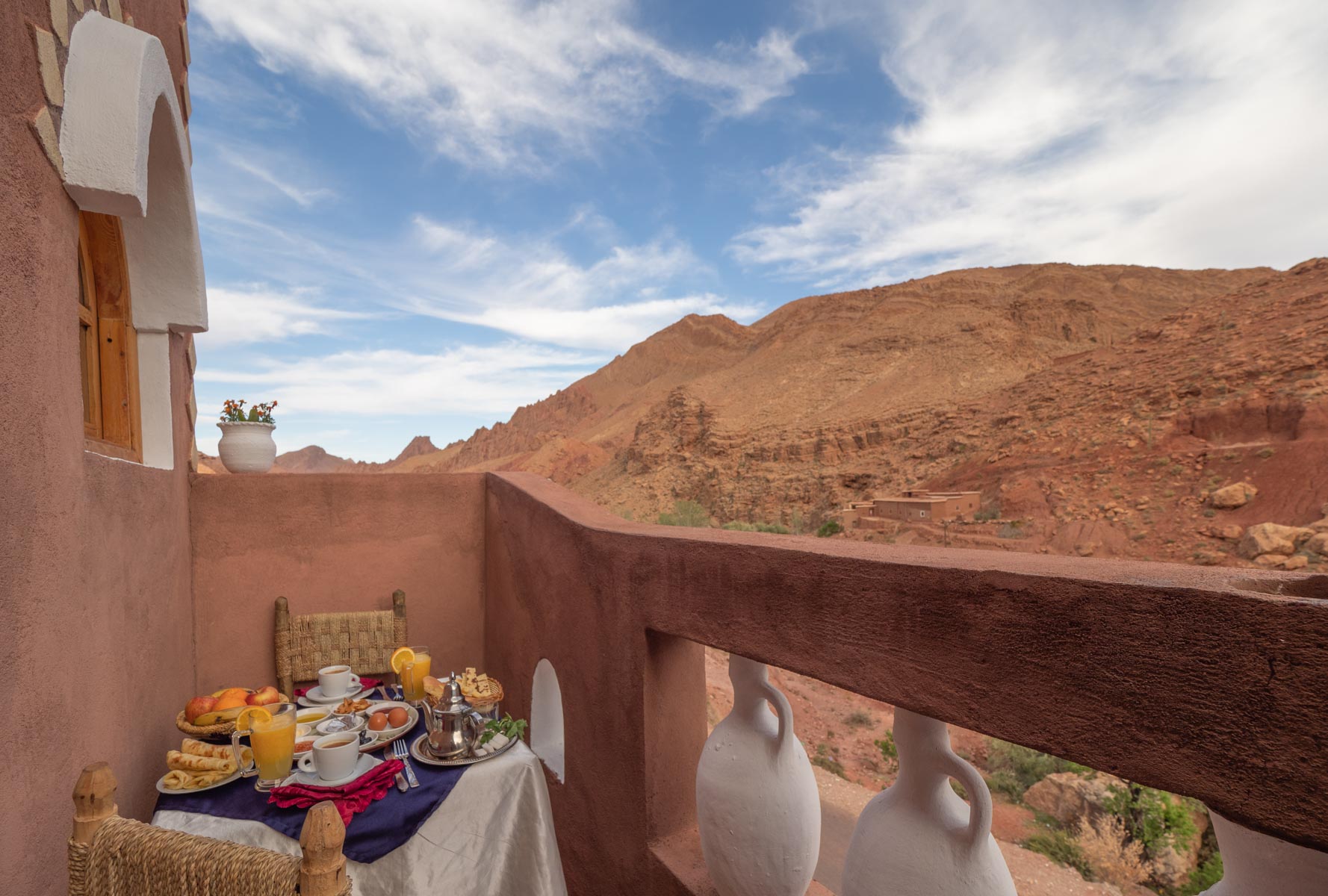
Before the Trip: Prior to embarking on a journey to explore Morocco’s diverse cultural heritage through the Berbers, it is essential to conduct thorough research about the history, traditions, and customs of the Berber people. This will not only enhance the overall experience but also show respect for the local culture. Additionally, it is advisable to pack appropriate clothing, including modest attire for visiting religious sites and comfortable shoes for exploring the rugged terrain.
During the Trip: While immersing oneself in the rich Berber culture, it is recommended to engage with the local community, participate in traditional activities, and savor authentic Berber cuisine. Visiting local markets, attending cultural festivals, and exploring ancient Berber villages are excellent ways to gain insight into this fascinating culture. Moreover, hiring a knowledgeable guide can provide valuable information and enhance the overall experience.
After the Trip: Upon returning from the journey, take time to reflect on the experiences and memories gained from exploring Morocco’s diverse cultural heritage through the Berbers. Consider sharing your experiences with others to promote cultural awareness and appreciation. Additionally, supporting local artisans by purchasing handmade crafts or products can help sustain the traditional Berber craftsmanship.
For an authentic and immersive stay in Morocco, Auberge Atlas Dades is highly recommended as the ideal accommodation option. Nestled in the picturesque Dades Valley, this charming guesthouse offers stunning views of the Atlas Mountains and provides a peaceful retreat amidst nature. The warm hospitality of the staff, delicious traditional meals, and comfortable rooms make Auberge Atlas Dades a top choice for travelers seeking an unforgettable Berber experience.
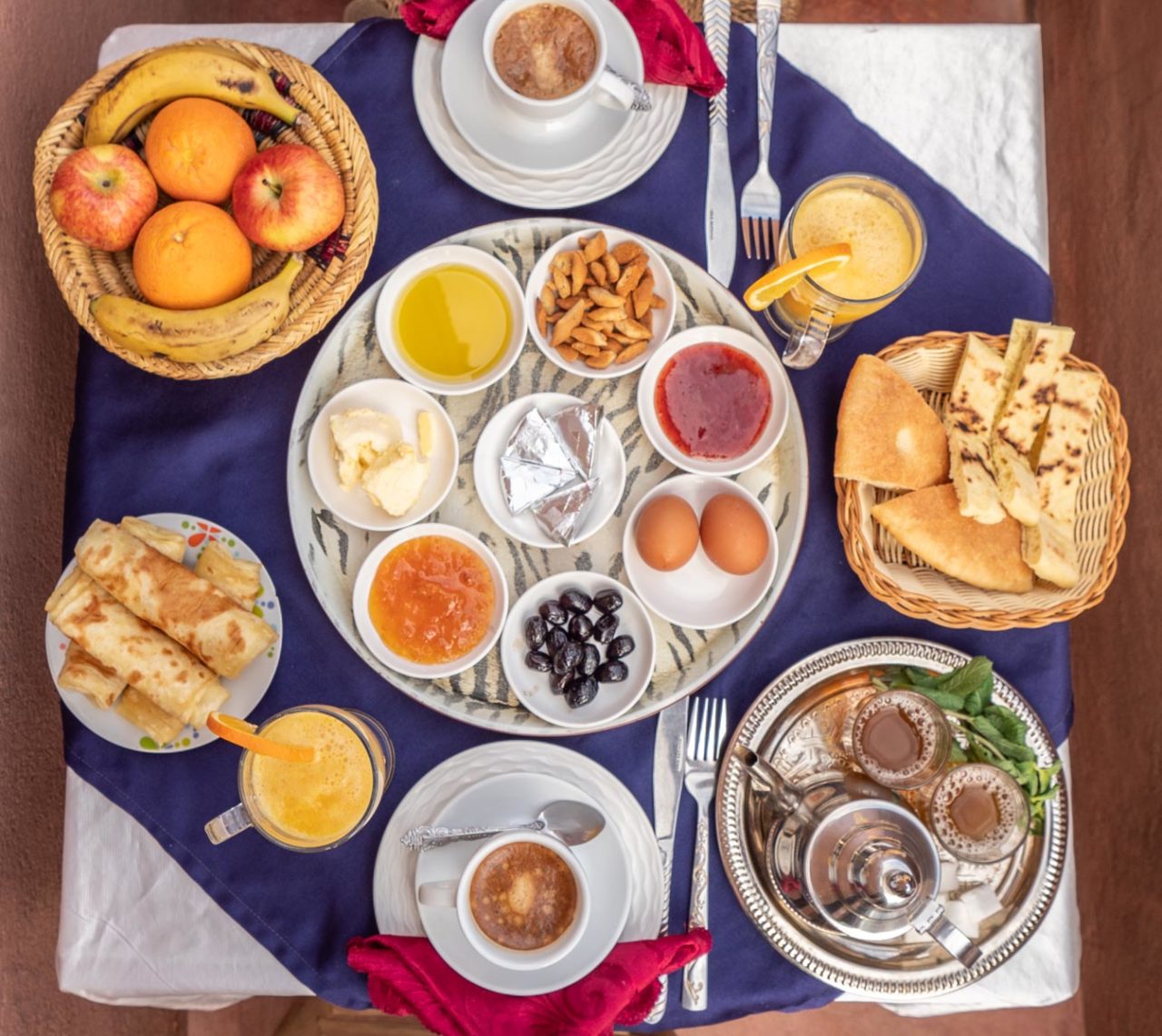


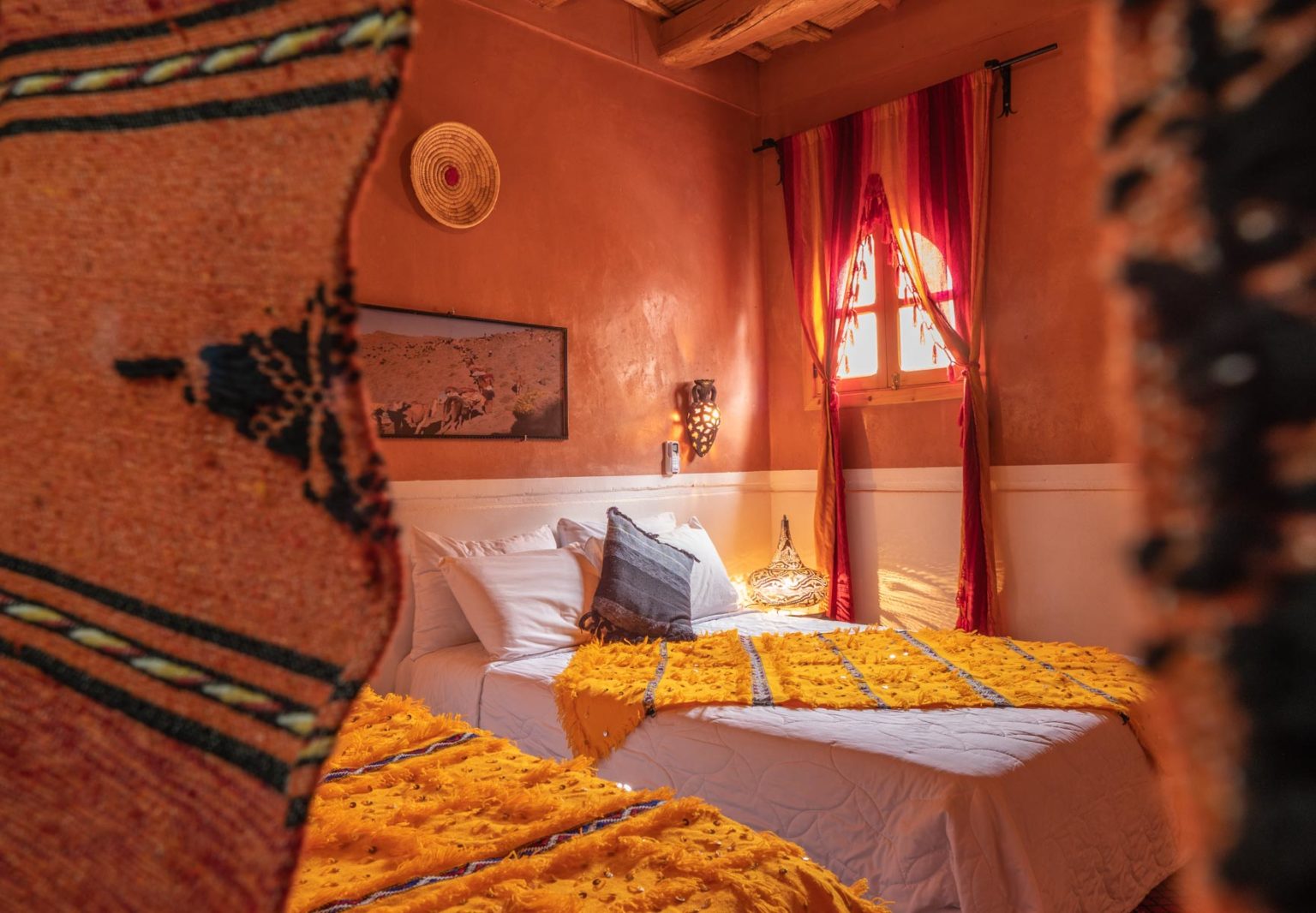
Frequently Asked Questions
1. What is the significance of the Berber culture in Morocco?
The Berber culture in Morocco is deeply rooted in the country’s history and traditions. It represents the indigenous people of North Africa and their unique customs and way of life.
2. How can learning about the Berbers enhance my travel experience in Morocco?
Understanding the Berber culture can provide you with a deeper appreciation for the country’s rich heritage and diversity. It allows you to connect with the local communities in a more meaningful way.
3. Are the Berbers the only ethnic group in Morocco?
No, Morocco is home to a diverse range of ethnic groups, including Arabs, Sahrawis, and sub-Saharan Africans. The Berbers, however, are one of the oldest and most prominent groups in the country.
4. What are some traditional Berber customs and practices?
Traditional Berber customs include celebrating festivals like the Imilchil Marriage Festival, practicing artisanal crafts such as carpet weaving, and maintaining a strong sense of community and hospitality.
5. How can I experience Berber culture firsthand in Morocco?
You can visit Berber villages in the Atlas Mountains, participate in cultural workshops to learn traditional skills, and attend local festivals to immerse yourself in the vibrant Berber traditions.
6. What role do Berbers play in preserving Morocco’s cultural heritage?
The Berbers are guardians of Morocco’s cultural heritage, passing down oral traditions, music, and craftsmanship through generations. They contribute to the country’s cultural richness.
7. Is the Berber language still spoken in Morocco?
Yes, the Berber language, also known as Tamazight, is still spoken by many Berber communities in Morocco. Efforts are being made to preserve and promote the language in schools and media.
8. What are some misconceptions about the Berber people?
One common misconception is that Berbers are a homogeneous group, when in fact they are diverse with different dialects and traditions. Another misconception is that they are marginalized, whereas they have a significant cultural presence in Morocco.
